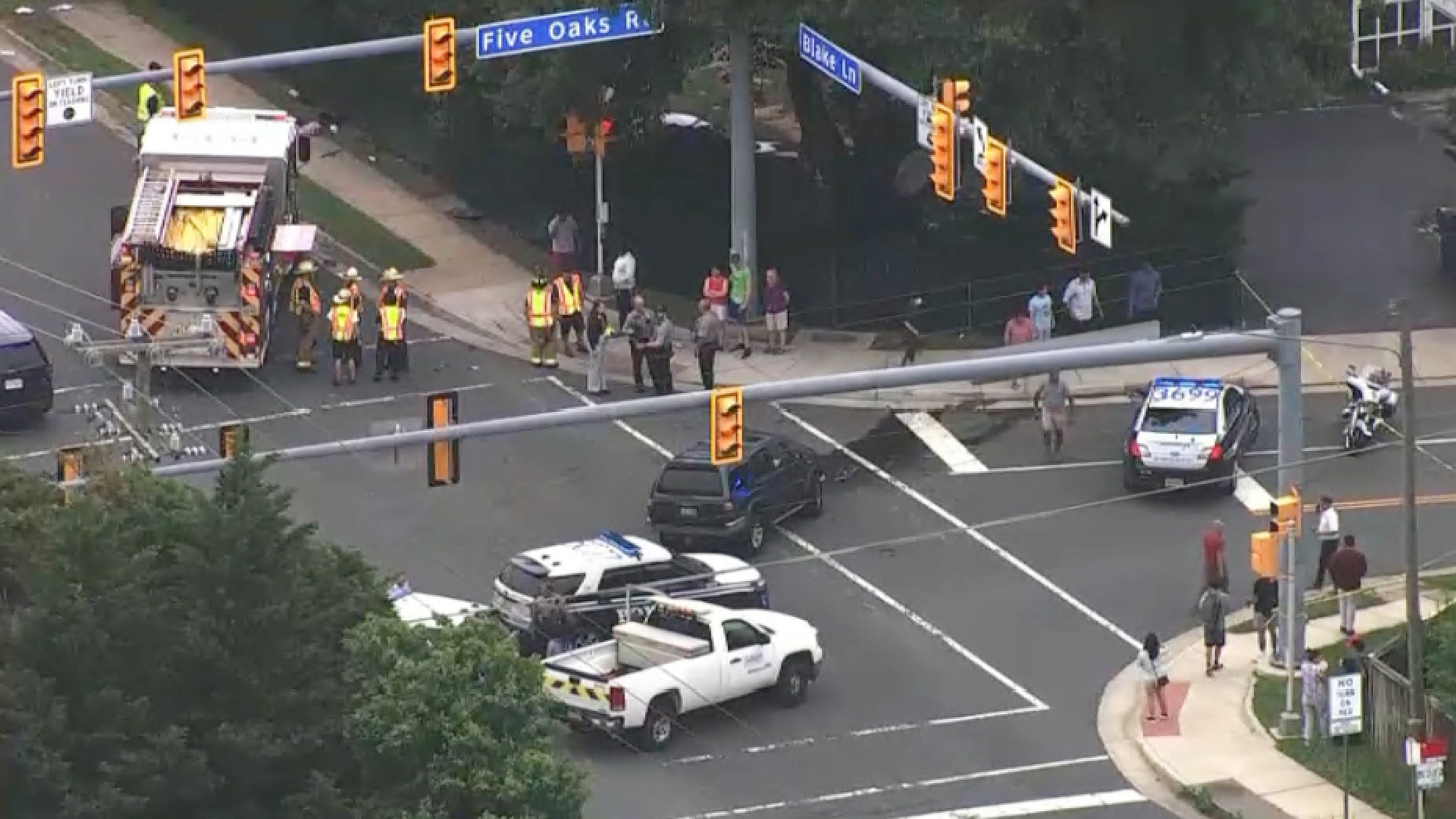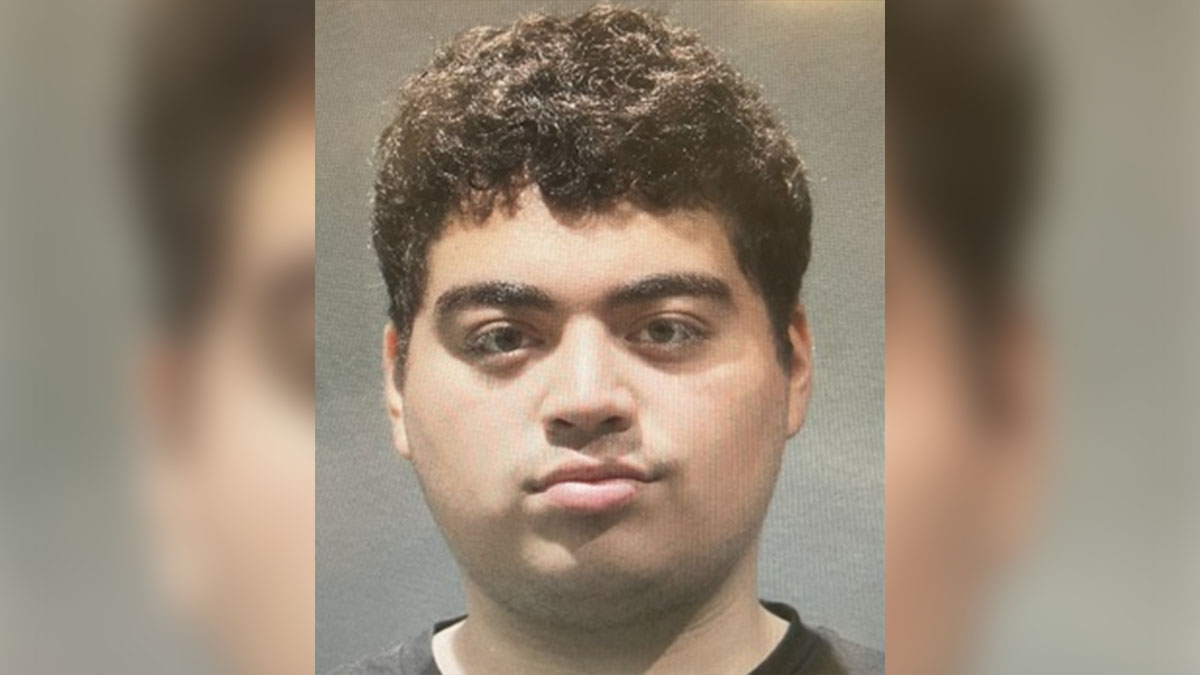Daily life in Washington, D.C., is starting to return to normal, but Mayor Muriel Bowser said she has directed officials to keep an enhanced security posture after the Capitol riot, then multiple bomb threats and arrests on Inauguration Day.
Roads, Metro stations and bridges are in the process of reopening and by Friday morning most closures should be finished. The enhanced posture means the city is on high alert for potential threats, forging partnerships with the new Biden administration and planning strategies and tactics for safety, officials said.
We're making it easier for you to find stories that matter with our new newsletter — The 4Front. Sign up here and get news that is important for you to your inbox.
"The threat of extremism is here," Chris Rodriguez, Director of the Homeland Security and Emergency Management Agency (HSEMA), said. "You saw it on January 6, and it will continue to be a persistent and real threat to the District of Columbia, and to and to our region as well."
The official National Special Security Event (NSSE) for inauguration ended at noon Thursday, the U.S. Secret Service announced. But Bowser and Rodriguez said they have considered requesting another NSSE or similar designation for major events in the future, such as a Joint Session of Congress.
Local
Washington, D.C., Maryland and Virginia local news, events and information
President Joe Biden and Vice President Kamala Harris' swearing-in and inauguration ceremonies were completed without disruption, but police took action on bomb threats, suspicious packages and people accused of carrying weapons and ammunition.
D.C. National Guard troops are expected to have a presence through the end of January, focused on crowd control and traffic management, D.C. Mayor Muriel Bowser said.
Guard troops from other states are already leaving the city, however, Rodriguez said.
In addition to local police, D.C. National Guard and other states' guard troops, 2,500 officers from around the country supported Inauguration Day, Bowser said.
Security was ramped up to an “unprecedented” level after a mob of Donald Trump’s supporters breached the U.S. Capitol on Jan. 6. Police warnings of potential armed protests and more violence followed.
Bowser said she has directed HSEMA to continue an "enhanced posture" on security "to deal with the threat of white extremism and any other threat to our city."
Inauguration Day was peaceful, but police officers on high alert for any signs of trouble responded to multiple issues.
U.S. Capitol Police or the Metropolitan Police Department responded to four bomb threats on Inauguration Day including one at the Supreme Court, one a block away from Union Station and two in the Capitol Hill neighborhood, according to the mayor’s office.
Three suspicious packages and one suspicious vehicle were checked out and cleared, officials said.
Police said the all-clear was given in each case. No actual explosives were reported.
Three people were arrested, the U.S. Secret Service said: One at 17th Street and Pennsylvania Avenue for having unregistered ammunition; another at 12th Street and Independence Avenue for having unregistered ammunition and one at 19th and H Street for possessing a BB gun.
Roads, Bridges, Metro Stations Begin to Reopen
Inbound lanes on the 14th Street and Theodore Roosevelt bridges reopened overnight. The Arlington Memorial Bridge was set to reopen by 6 a.m. Thursday. The 3rd and 9th Street tunnels opened by 9:30 a.m., police said.
Two Metro stations, Gallery Place and Union Station, reopened at 9 a.m., WMATA said.
Eleven more stations are scheduled to reopen after Thursday: Archives, Arlington Cemetery, Capitol South, Farragut North, Farragut West, Federal Center SW, Federal Triangle, Judiciary Square, McPherson Square, Metro Center and Smithsonian.
Deputy Mayor John Falcicchio says about 6 p.m. Wednesday crews began “in earnest” to remove the barriers and fencing on major streets including 7th, 9th and 12th. The process is expected to take about 36 hours and crews will work from east to west.
Most closures should be done by early Friday morning, which is also when the city’s ban on indoor dining has been scheduled to expire, Falcicchio said.
D.C. Police Chief Robert Contee also urged businesses to take boards off their windows.



